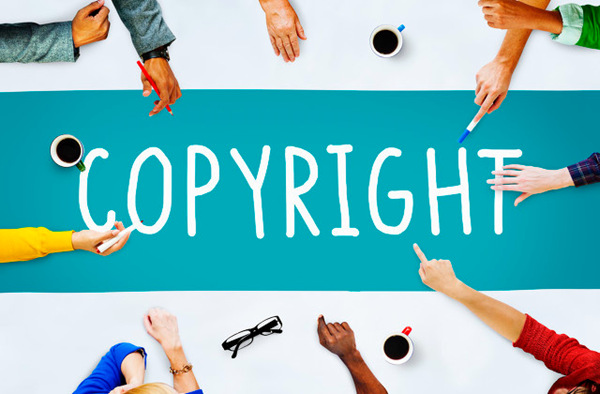Recently, a US court ruled in a case involving copyright of artificial intelligence (AI) technology, and Thomson Reuters won the case. The core of this case is that AI companies use Thomson Reuters copyright-protected data to train AI models and generate similar content without authorization. The judgment has a profound impact on both the thriving generative AI industry and content creators, as it involves a key question: Can copyright-protected materials be used legally to train AI models? The significance of this case is not only to provide legal support for Thomson Reuters, but more importantly, it sets important legal precedents for other content creators and provides reference for the future development of the AI industry.

The court's ruling is of far-reaching significance to the rapidly growing generic AI company and its content creators. Many generative AI tools rely on learning a large amount of data in order to generate new content. This raises the question of whether copyright-protected materials can be used for AI training. Thomson Reuters won the case not only provided legal support for its own copyright protection, but also set an important precedent for other content creators.
In this case, the court found that Thomson Reuters' data was copyrighted and that any use of the data without permission constituted infringement. This judgment will prompt generative AI companies to be more cautious and ensure that the material of their training models complies with copyright laws. In addition, this has also allowed many content creators to see the importance of protecting their works and how to protect their rights when facing new technologies.
With the development of AI technology and the popularization of application, similar legal disputes will become more and more frequent. Thomson Reuters' victory may bring more discussions and thoughts on copyright and AI use to the entire industry. The result of this case makes us realize that in the digital age, the importance of intellectual property protection is becoming increasingly prominent, and the future creative environment will be affected by a stricter legal framework.
Key points:
Thomson Reuters won a copyright case involving AI technology in a U.S. court, which is of great legal significance.
The court ruled that its data was protected by copyright and that unauthorized use constituted infringement.
This case provides an important legal precedent for the future of generative AI companies and content creators.
Thomson Reuters' victory case provides an important reference for copyright protection in the AI field, and also reminds AI companies and developers to pay attention to copyright issues and ensure compliance when using data to train AI models. In the future, similar legal disputes may arise, which requires the joint efforts of the industry to establish a more complete copyright protection mechanism and promote the healthy development of AI technology.